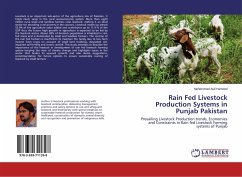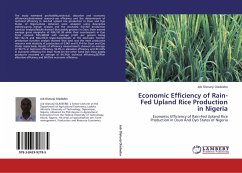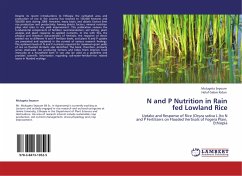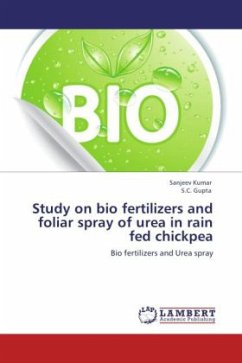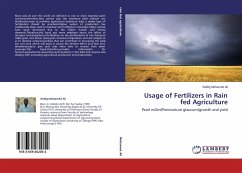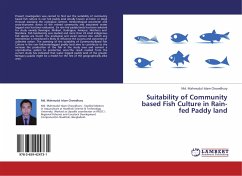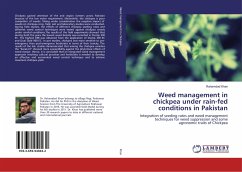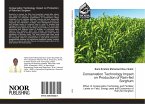Livestock is an important sub-sector of the agriculture mix of Pakistan. It holds much value in the rural socioeconomic system. More than eight million rural small and landless farmers raise livestock, making it an ideal sector for attacking rural poverty in the country. Livestock makes up almost 55.9% of the agriculture value added and contributes up to 11.9 % of the GDP thus the future high growth in agriculture is expected to be led by the livestock sector. About 49% of livestock population is inhabited in rain fed areas and is dominated by small and landless farmers. The income of the rain fed Farmers is insufficient to maintain the family due to low farm income from crops on account of small land holdings, degraded soil, impaired soil fertility and erratic rainfall. This study attempts to describe the importance of the livestock in development of rain fed livestock farming system keeping the view of climate change and highlights issues in the sector that hinder its upward growth and also devise suggestions, recommendation for future options to ensure sustainable rearing of livestock by small farmers
Bitte wählen Sie Ihr Anliegen aus.
Rechnungen
Retourenschein anfordern
Bestellstatus
Storno

